38 private labels vs brands
The battle for brands in a world of private labels Many consumers sense little difference between the quality of national brands and their private label counterparts as retailers focus on store brands and consumer product companies cede connections to retailers and customers. Yet there are strategies available to national brands that may level the playing field. Viewing offline content What is Private Labeling? [Definition, Pros, Cons & More] - Ecommerce CEO The long-standing brand names have advantages over your private brand. You'll find them in a broader range of stores - whereas your private label lines will only be on your shelves. Plus, a national brand or intentional brand will always have a bigger marketing and promotion budget. Minimum Order Quantity (MOQ)
Private Label vs Brands: latest trends and developments Worldwide, the private label and brands markets are rapidly evolving. In our Special Feature, TWM spoke to Mintel and Nielsen to get the latest on the respective markets in Europe and America. A TW report. The timing of consumer trends, economic conditions and manufacturing technology has created very different evolutionary paths for name brand ...

Private labels vs brands
Private Label Pricing Analysis: Private Label vs National Brands - CMKG.ORG Private Label Brands (yellow) The mid Private Label brand (PL#1), which is lower in price, with a mid to low perceived consumer value. Next is our generic label, or PL#2. It is low priced and lower perceived value. Remember that these two brands interact, so if PL#1's pricegap is too high, consumers may switch to the lower priced generic brand. Name Brands vs. Private Label Brands: How to Choose? Confectioneries Fashion, clothes, shoes Private label brands are no longer just low cost alternatives to name brands; they are high quality products that can be used to help people with their needs. If you want to start your own private label business, you should consider the following before you start: Research the product you want to sell. Private Label vs. Consumer Brand: The Competition for Shelf Space Private Label vs. Consumer Brand: The Competition for Shelf Space will explore the changing dynamics and challenges of traditional consumer brands as they face off against private label to win the wallet and minds of organic consumers, as part of the second announced educational session at Organic Produce Summit 2022.
Private labels vs brands. Private Label vs. National Brands | Catalina Meanwhile, the cookie category experienced a 66% decline in new product introductions for Private Brands vs. a 57% decrease for national brands in 2020, compared to 2019. But in 2021, new product introductions for private brands shot up by 60% while national brands declined by 22%. Private Label Brands 2022 - Insider Intelligence Private label brands have taken on increasing importance in retailers' arsenals on the heels of positive consumer sentiment. This report looks at how retailers can use store brands to bolster their product assortment and thus increase their margins. Topics Retail Sales United States Executive Summary Marketing Minute: Manufacturer branding versus private-label: pros and ... Such private-labeling relationships may paradoxically spur the development and growth of the manufacturer's own brand by providing much-needed critical mass of manufacturing capacity and capital ... Private Label vs. Branded Products: Pros and Cons | Sourcify When you purchase your products from a manufacturer and then put your logo on them before you sell, you have a private label. Doing business this way can lower product unit costs and lead to higher profit margins. Another great upside of using a manufacturer is that you can determine the quality and exact specifications of your products.
Private Label - A comparison of own vs. third party products - fulfin The most important difference between private label and third-party products, however, is not in the purchase of the goods, but in the marketing: For third-party products, the focus is not on the classic ranking, but on buy-box optimization. The buy box is the area on the right of the product page that contains the call to action "Add to cart". 12 Pros and Cons of Private Label Brands - BrandonGaille.com 1. Private label brands are usually cheaper than other branded products. This is because customers don't have to pay for mass marketing campaigns and the other costs national brand items may face. Local products coming from local producers also typically have lower transportation costs. Private Label vs. National Brands | Catalina Private Label vs. National Brands | Catalina Shopper Insight Private Brands Outpacing National Brands on New Products; Price Gap Decreases in 2021 Catalina looks at retailer Private Brands' new product strategy during the pandemic and compares it with Name Brands investment in key categories. Download Is private label the problem—or the solution—for Bed Bath & Beyond? Investing in private label brands is not a bad plan for retailers looking to differentiate their product assortments and keep shoppers from doing deep-dive pricing comparisons online. Home retailers from the Williams-Sonoma group to At Home to Macy's have all invested heavily in their own brands, and it has generally worked.
The Pros and Cons of Going 'Private Label' vs. Selling ... - Sourcify When you purchase your products from a manufacturer and then put your logo on them before you sell, you have a private label. Doing business this way can lower product unit costs and lead to higher profit margins. Another great upside of using a manufacturer is that you can determine the quality and exact specifications of your products. Brands Versus Private Labels: Fighting to Win - Harvard Business Review In fact, a 1994 DDB Needham survey indicates that 60 % of consumers still agree that they prefer the comfort, security, and value of a national brand over a private label. Although this percentage... Private Label VS Brands: How To Make The Most Of Both 3. Across all price points Retailers can carefully use their branded and own label offers to cover all prices and bases in any given category. Whilst a brand might have a more premium, aspirational appeal, it leaves room for lower and medium priced, quality own label brands to sit just below them on the pricing ladder. 4. Less is more Know The Difference Between Private Label Brands And In-House Brands There is a typical misconception about the distinction between private label brands and in-house brands. For the most part, the manufacturer offers their items to clients through distribution channels. Prior retailers just as wholesalers sold just these items to the clients. In this manner, manufacturers had power over the distribution channels.
Private Label (Generic) vs. Branded Products: Differences Aren't Black ... The Private Label Manufacturers Association performed a pricing study that compared a basket of brand name products to a basket of private label products. The result was a 35% savings (See Exhibit 3). Prices shown are averages based on weekly shopping trips conducted over 6-week period from 6/17-7/23.
Brands versus private labels: Fighting to win | Bain & Company On one hand, manufacturers are right to be concerned: There are more private labels - "store-brand" goods - on the market than ever before. Collectively, private labels in the United States command higher unit shares than the strongest national brand in 77 of 250 supermarket product categories.
White Label vs Private Label - What's the Difference? - THAT! Company In a private label relationship, the buyer specifies the design, parts, ingredients, or offerings. In a white label relationship, while the provider or manufacturer may offer a range of customizations to fit specific needs, they specify the design, parts, ingredients, or offerings. Sound confusing, it's not.
Private Label vs. National Brands | Blacksmith Applications Private label brands exist across products and price levels. Impact: Pricing promotions that once made national brands cost competitive to private label items, may drop its product into a separate tier where the lower price intended to drive volume becomes the consumer expectation for everyday price. ♦ Challenge #2 ♦ A Race to the Bottom
Private Label vs Branded Products: 6 Insights You Can Use - TraQline Consistent branding and well-thought-out marketing are what underlie branded success - and will, therefore, be central for private label brands as well. TraQline helps you inform your marketing strategy with consumer insights, behaviors, and trends. This customer insight will help you build your brand and reach your target market.
SurveyMonkey Market Research: Private Labels vs. Name Brands Most (75%) believe that private labels are "sometimes" similar or better in quality than name brands, at lower prices. The vast majority of consumers say name-brand products are "sometimes" (69%) or "always" (14%) higher-quality than private label products; just 13% say they are "rarely" and 2% say they are "never" of higher ...
Private label versus brands: how retailers can make the most of both 3. Across all price points. Retailers can carefully use their branded and own label offers to cover all prices and bases in any given category. Whilst a brand might have a more premium, aspirational appeal, it leaves room for lower and medium priced, quality own label brands to sit just below them on the pricing ladder. 4. Less is more.
Private Label Indie Brands : r/MakeupAddiction - reddit.com Private Label Indie Brands. Hi everyone, I've been getting more into indie brands but I recently stumbled across a few posts talking about private labeling vs unique formulas. Does anyone know which indie brands are truly handmade and which ones are using private labeled formulas and sharing manufacturers?
Private Label Products Vs Name Brand Products Private labels on products has surpassed $143 billion in sales over the past year. This is an increase in $14 billion since 2015, according to Nielsen's Total Consumer Report. The rise in sales of private label products is obvious, consumers have become "much more willing to splurge on store brands than they would for name brands” according to Nielsen.
Private Label vs. Consumer Brand: The Competition for Shelf Space Private Label vs. Consumer Brand: The Competition for Shelf Space will explore the changing dynamics and challenges of traditional consumer brands as they face off against private label to win the wallet and minds of organic consumers, as part of the second announced educational session at Organic Produce Summit 2022.
Name Brands vs. Private Label Brands: How to Choose? Confectioneries Fashion, clothes, shoes Private label brands are no longer just low cost alternatives to name brands; they are high quality products that can be used to help people with their needs. If you want to start your own private label business, you should consider the following before you start: Research the product you want to sell.
Private Label Pricing Analysis: Private Label vs National Brands - CMKG.ORG Private Label Brands (yellow) The mid Private Label brand (PL#1), which is lower in price, with a mid to low perceived consumer value. Next is our generic label, or PL#2. It is low priced and lower perceived value. Remember that these two brands interact, so if PL#1's pricegap is too high, consumers may switch to the lower priced generic brand.
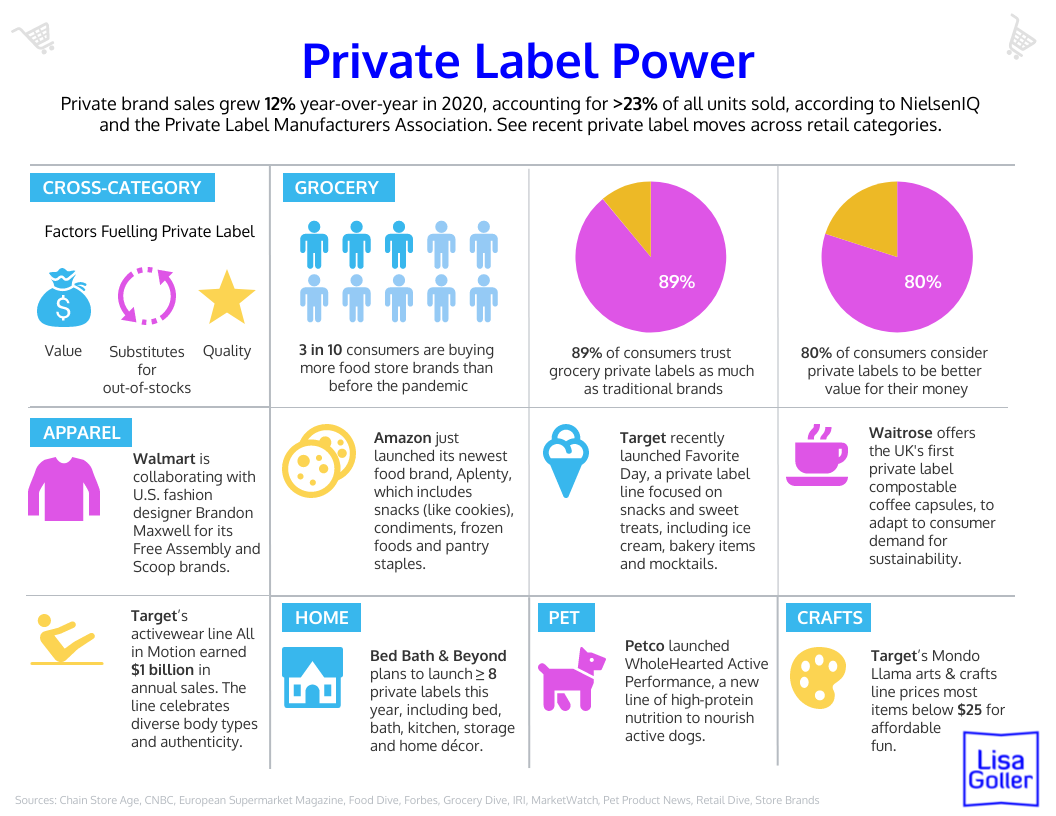
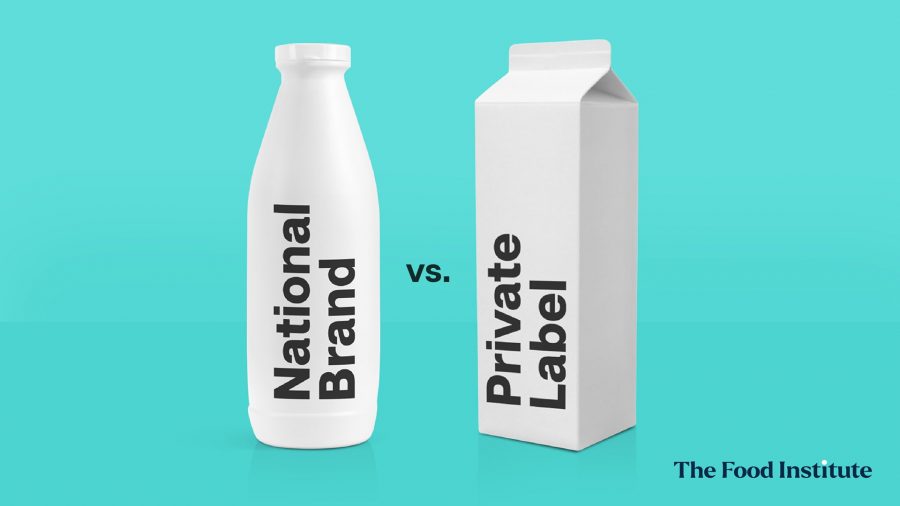





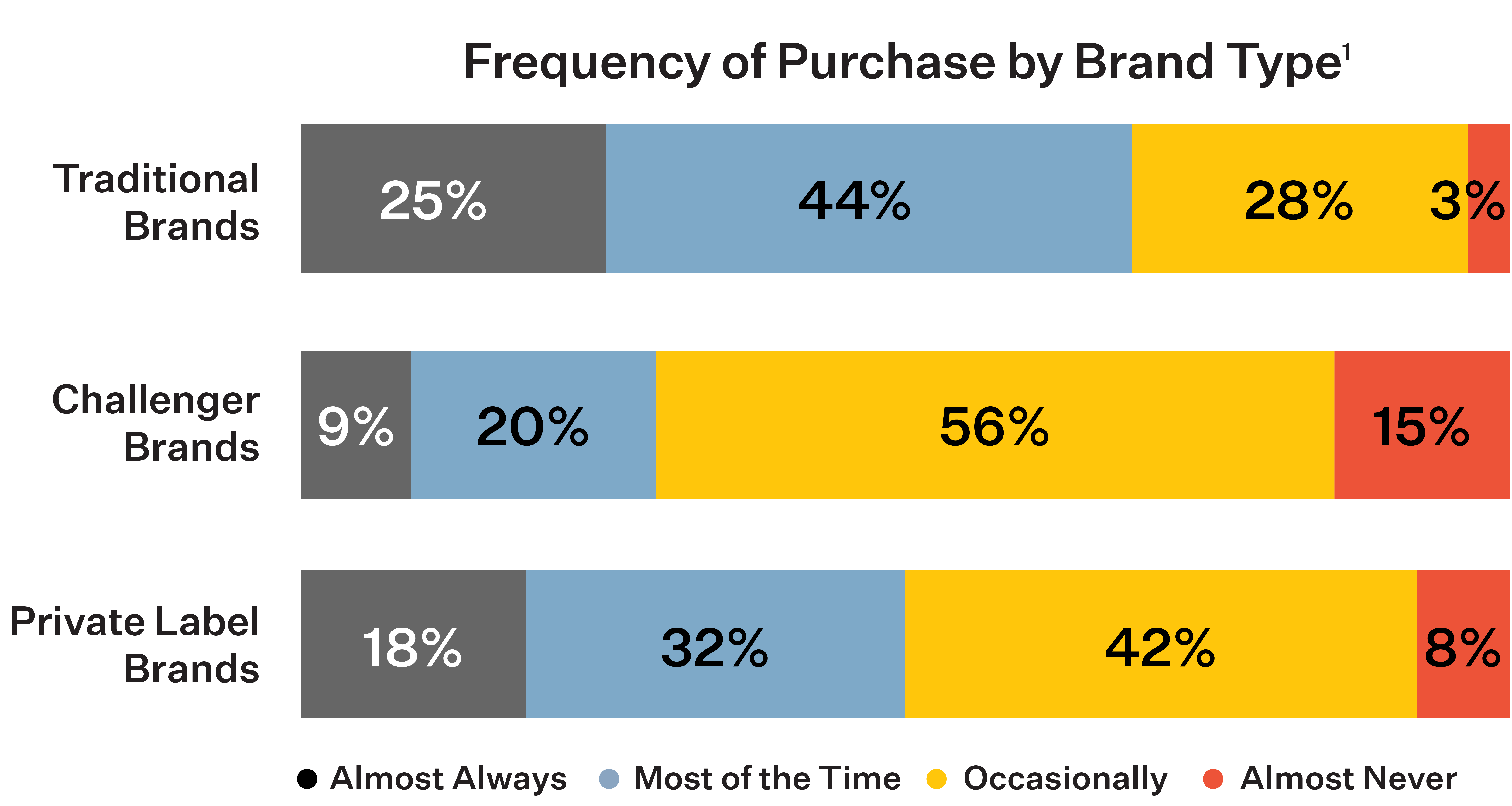



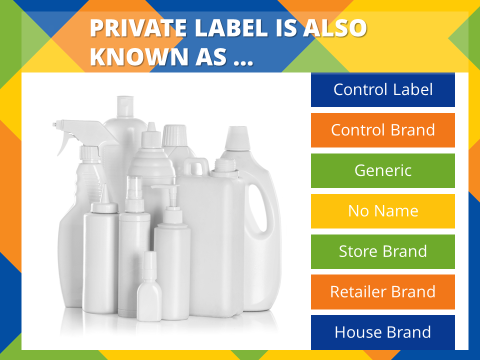

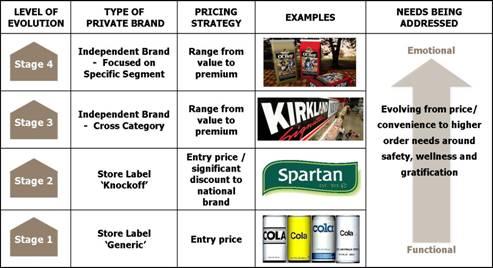
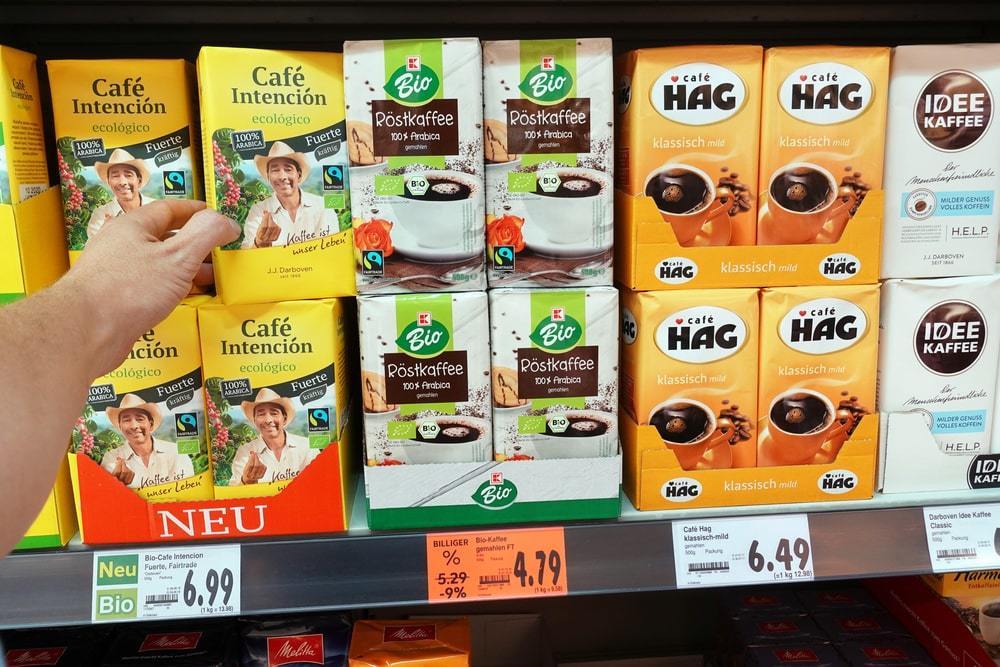
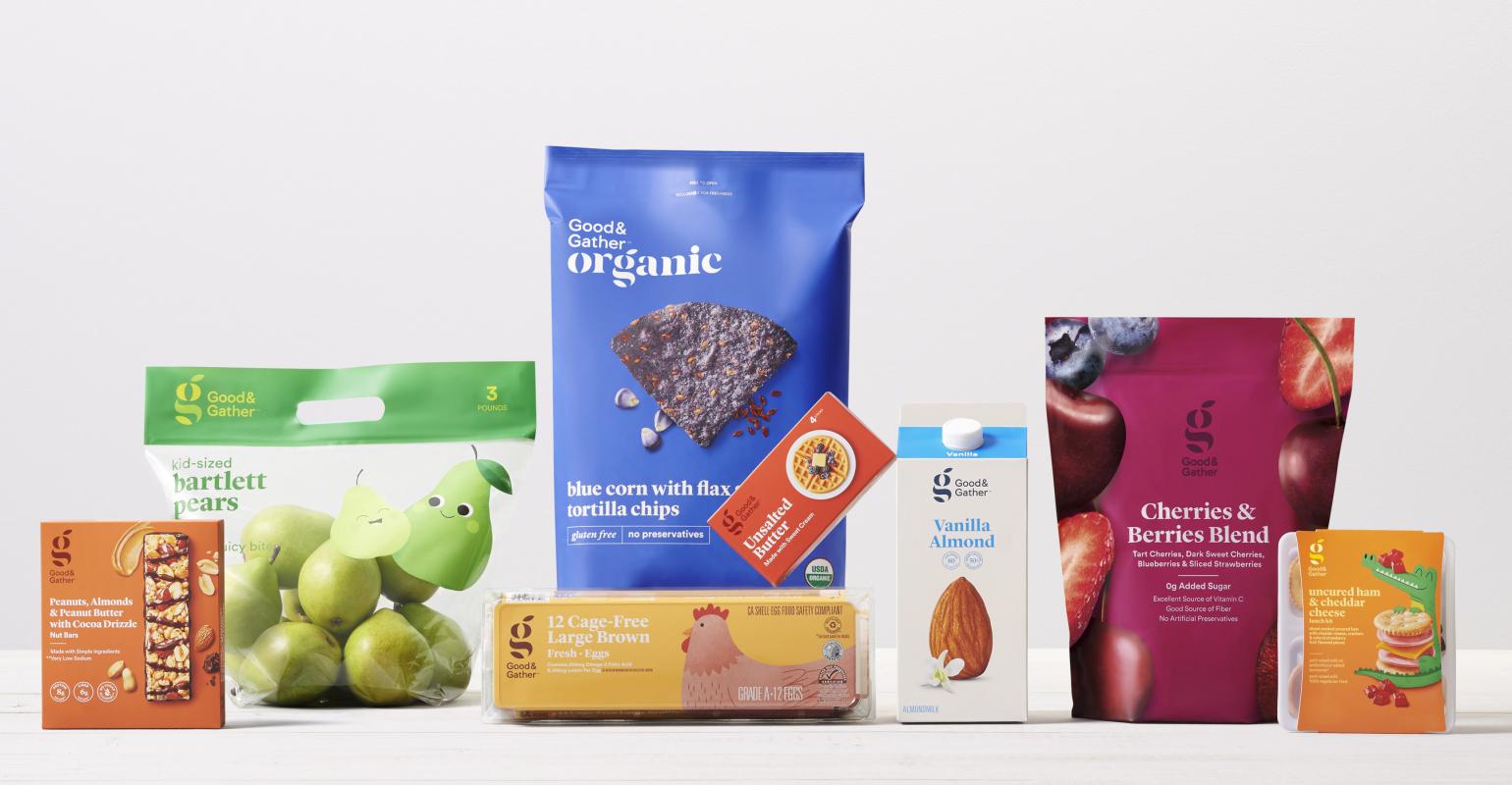

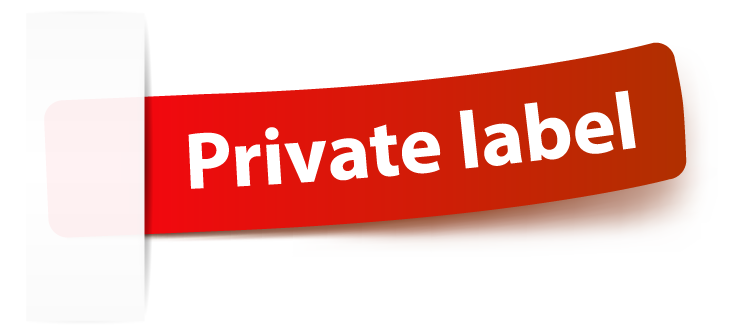
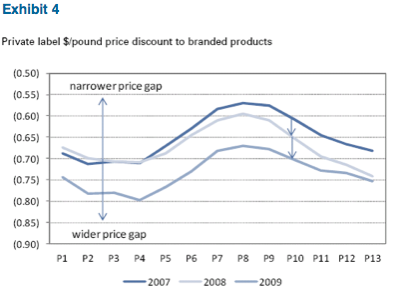
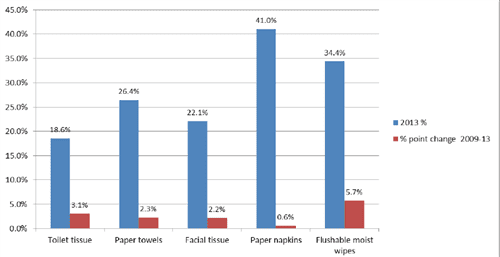
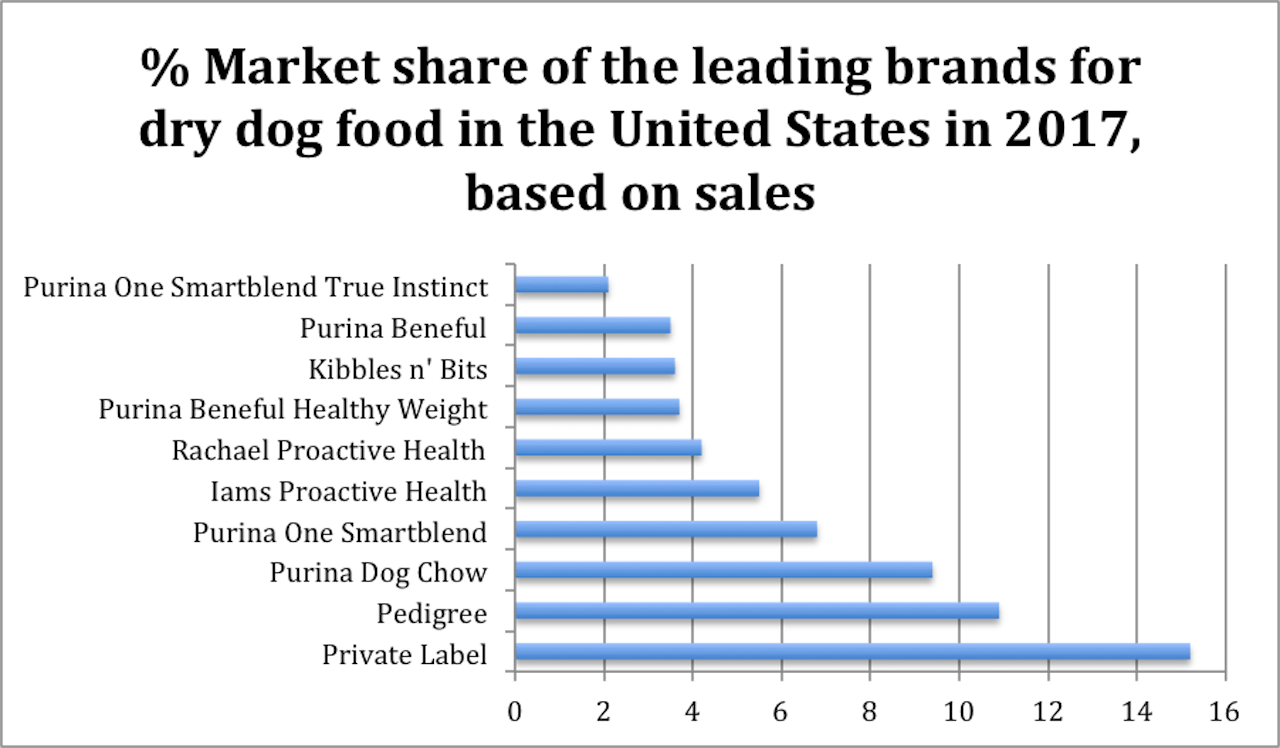




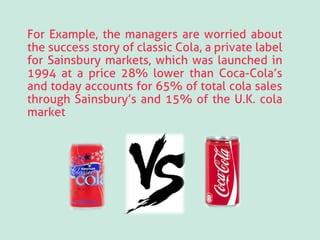
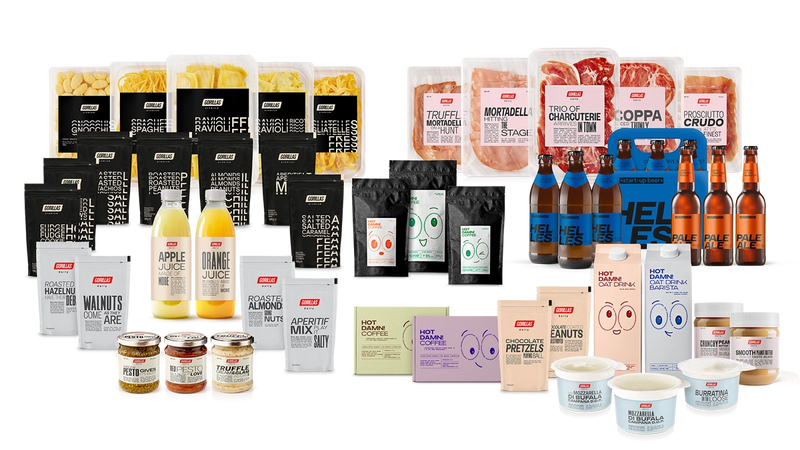

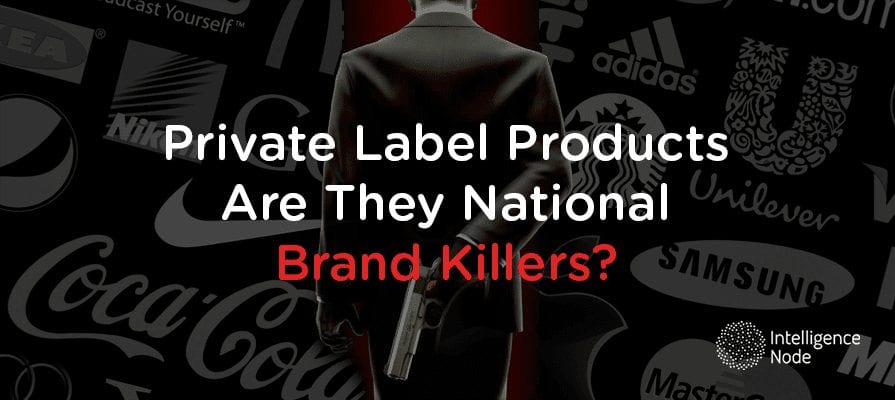

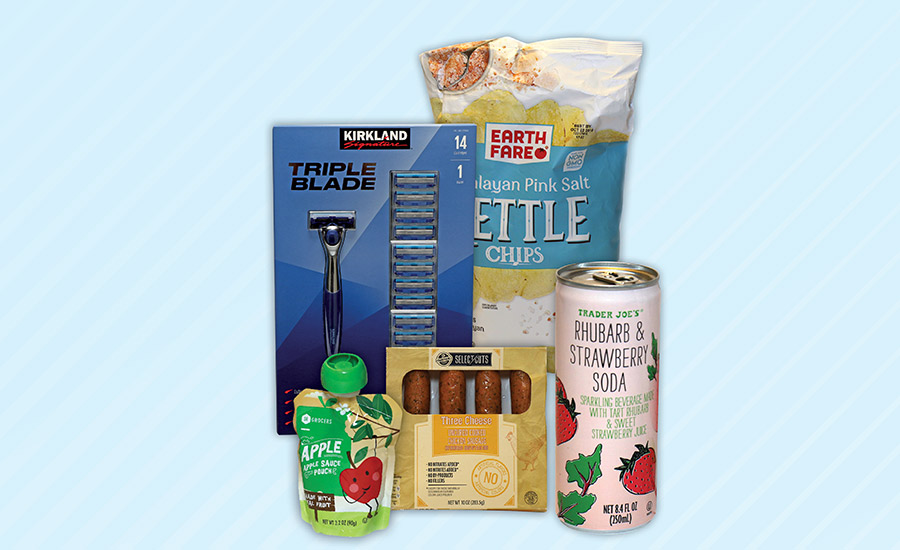
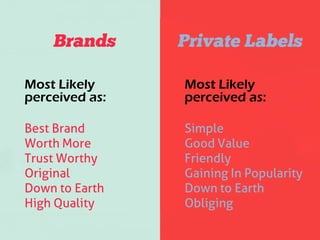

Post a Comment for "38 private labels vs brands"